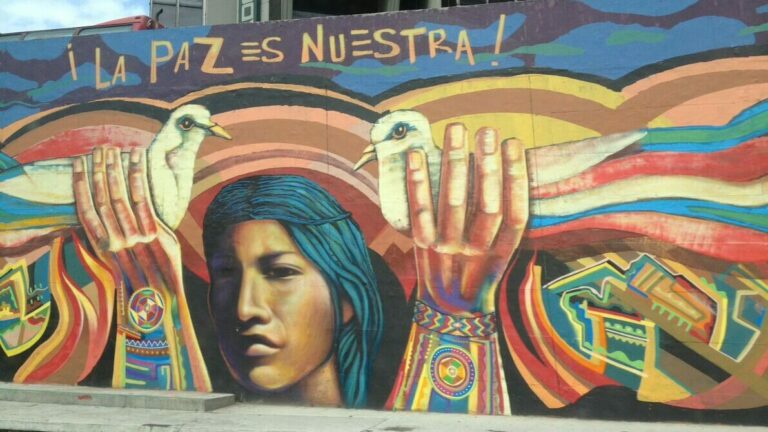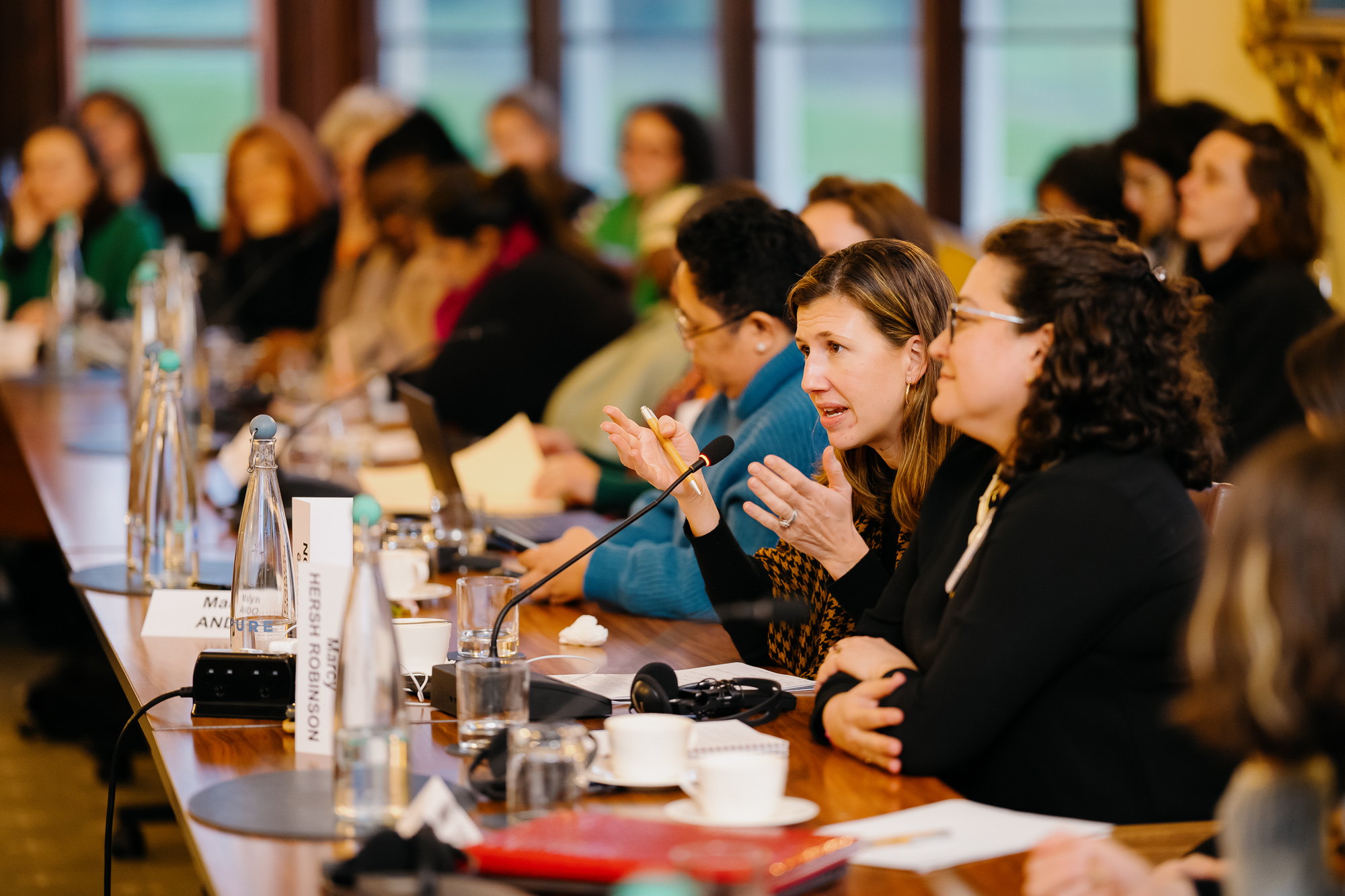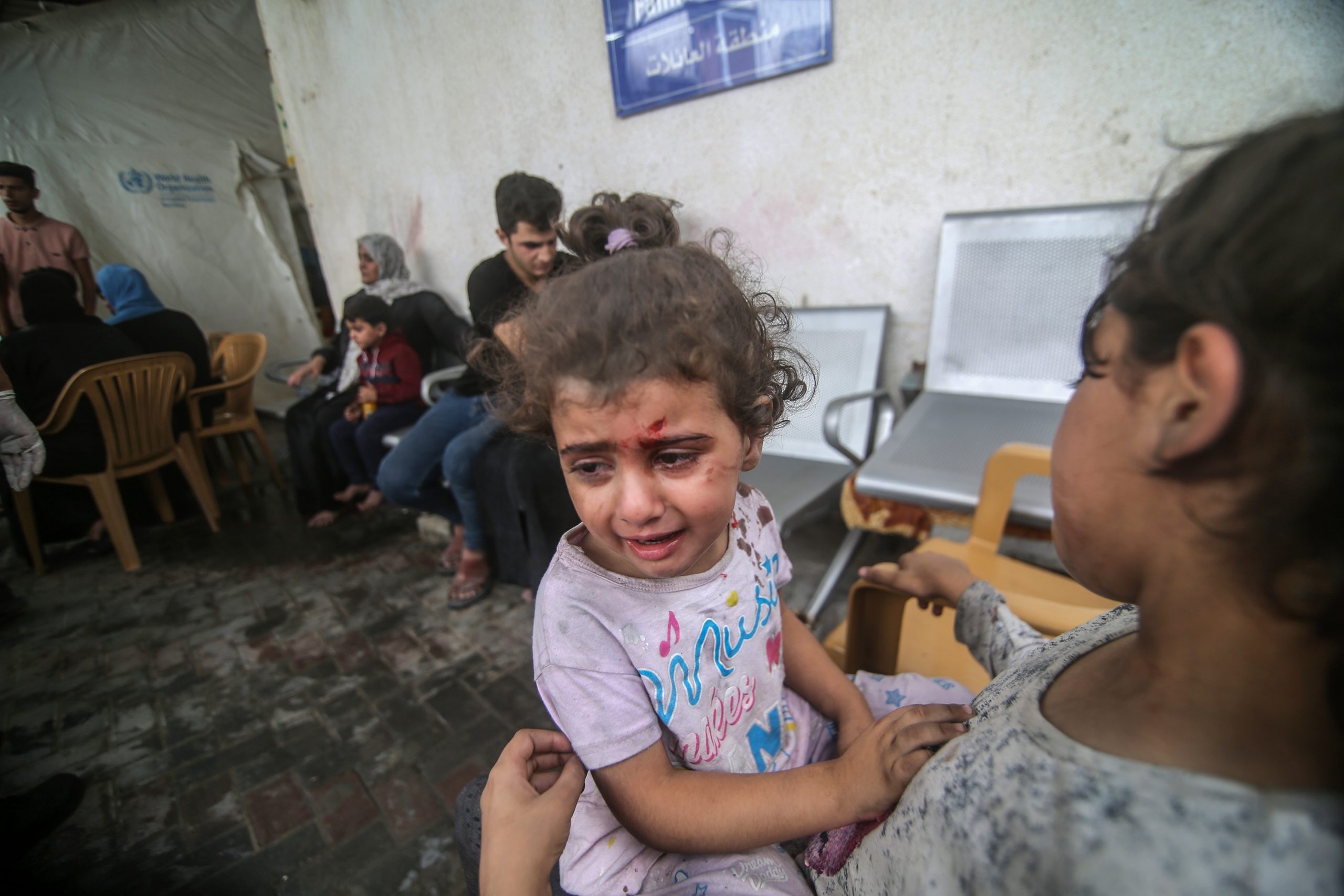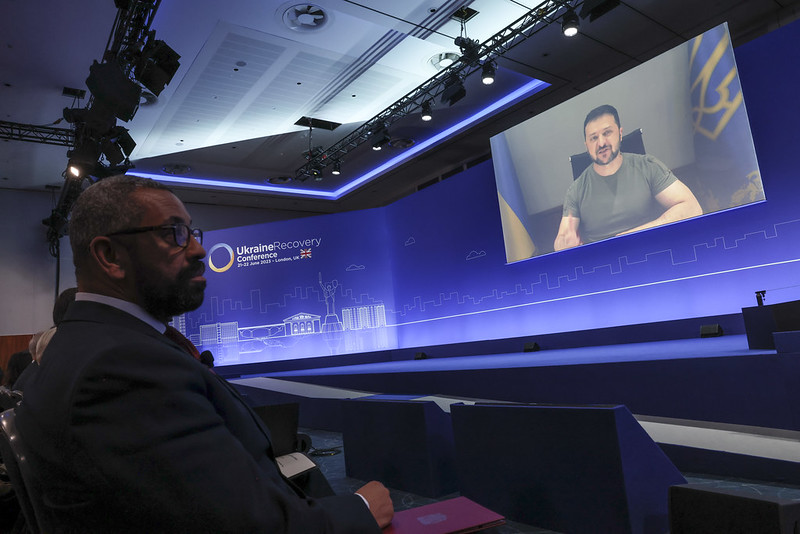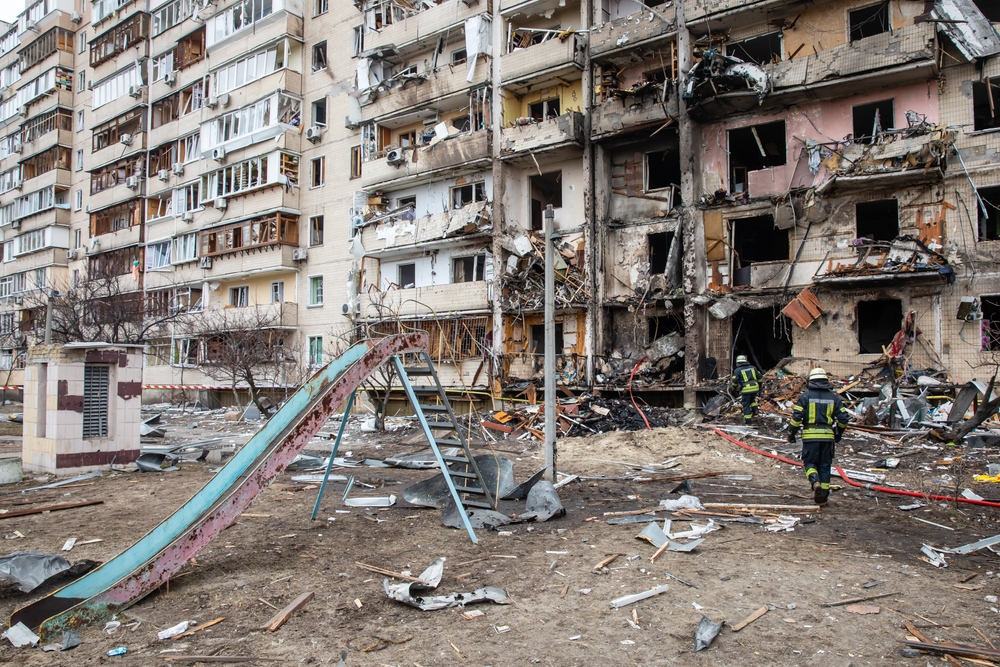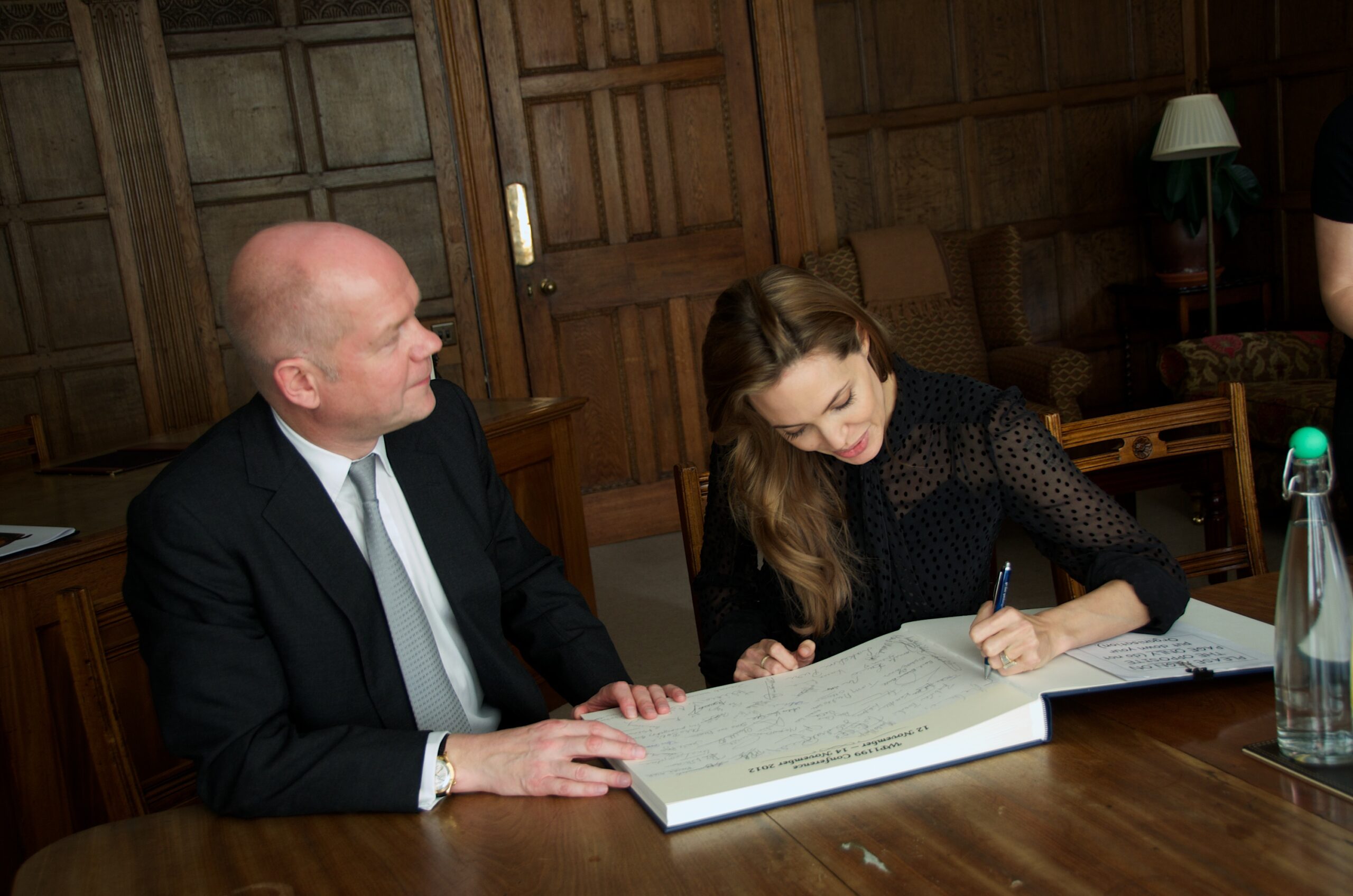As Nelson Mandela once said, peace is not just the absence of conflict. Despite globally declining deaths from war, over half of the world’s population has lived in direct contact or proximity to significant political violence in the past 15 years. To address that, we need to tackle the fundamental drivers of discord, including intolerance, exclusion, and prejudice.
Today is the International Day of Peace (Peace Day) and the twentieth anniversary of the UN Resolution on the Programme of Action on a Culture of Peace. The theme for this year’s Peace Day: ‘End Racism. Build Peace’ explores the idea that true peace requires far more than the ending of conflict.
This concept has been a vital part of Wilton Park’s ethos since its foundation in 1946 to build a democratic, peaceful and tolerant post-war Europe. Early attendees included senior German PoWs in Britain, many of whom became leading figures in the rebuilding of post-war Germany. Over subsequent decades our work on peace and reconciliation expanded globally, including providing a space in the 1990s for discussions between representatives from South Africa’s Black majority led African National Congress party (ANC) and leaders of the country’s white supremacist government, allowing them to plan the transition from apartheid to an inclusive democracy.
Wilton Park is built on the conviction that multilateralism and open dialogue can bring about real change. One of our priorities is conflict resolution and peacebuilding, with dialogues often focusing on building more equal and inclusive societies and increasing participation from marginalized groups.
It’s a sad fact that many peace agreements fail within several years of their conclusion, often due to lack of sufficient inclusion in initial discussions, so it is crucial that talks go further than those with the most structural power. At a 2021 UN Security Council meeting, the Secretary-General António Guterres pointed out that: “without including a wide range of diverse voices at every step of the process and bringing all people along, any peace will be short-lived.”
We see this reflected in the increasingly unstable global situation. The climate crisis and the Covid-19 pandemic have deepened inequality and will frustrate our efforts to build a sustainable future unless we address them. Racism, both individual and systemic, will prevent humanity as a whole from achieving solutions to some of the most urgent issues of our time. If Indigenous voices on climate disaster are silenced; if systemic racism exposes some communities to greater violence, poverty and suffering, there will simply not be sustainable, resilient peace or development.
I believe that Wilton Park should always have space at the table for those marginalized people whose knowledge and experience are crucial to solving our biggest issues. Nelson Mandela also said that: “peace is the creation of an environment where all can flourish regardless of race, colour, creed, religion, gender, class, caste, or any other social markers of difference.” Inclusion must be the cornerstone of all discussions around conflict and violence, if we are to achieve anything more lasting and meaningful than paper peace.
